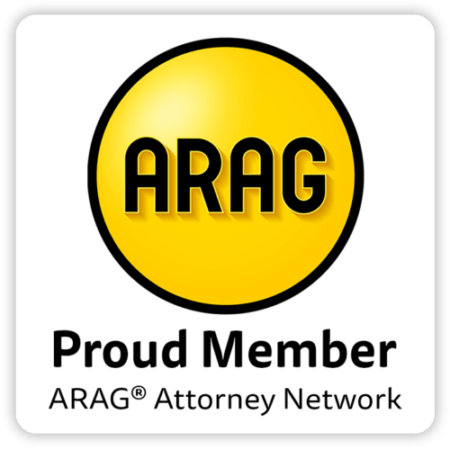What is Chapter 7 Bankruptcy?
How Does a Chapter 7 Bankruptcy provide me with a fresh start?
Filing for bankruptcy gives a “fresh start” to financially strapped individuals. In a Chapter 7 personal bankruptcy, all credit card debts and “unsecured” debts are eliminated and it gives you a chance at a new life.
After bankruptcy, you can recover good credit in about two years. Filing for bankruptcy does not mean 7 to 10 years of bad credit – that is a myth. Credit card companies usually offer you new credit cards right after the bankruptcy is over. Qualifying for a mortgage will take about three years after bankruptcy.
The most often asked question is how does one qualify for Chapter 7 bankruptcy? Essentially, you need to have three things: (1) moderate to low income, (2) significant amount of debt and (3) no substantial property.
One: Moderate to Low Income
In order to qualify for Chapter 7 personal bankruptcy, you must have moderate to low income as set forth in the Bankruptcy Code. Your income level is determined by your household’s circumstances. This includes factors such as your cost of living, where you live, how many dependents you have, and what deductions are taken out of your paychecks.
In order to determine if you qualify for Chapter 7, please call us. We provide free consultations to review your situation and let you know if you qualify for help.
Two: Significant Debt
Many financially struggling families are trapped by high interest debt that was incurred to cover basic living expenses and emergency expenses that arise from unemployment, illness and divorce. The Bankruptcy Code is designed to provide a fresh start for these families by eliminating debt such as credit card debt and medical expenses.
Three: No Substantial Property
Filing Chapter 7 bankruptcy does not mean you lose all of your property or possessions. The bankruptcy law is designed to protect your cars, homes, bank accounts and other assets up to certain values. In a majority of bankruptcy cases, consumers are allowed to keep their cars, homes, bank accounts and other household items. The amount of protection is different for each state. If your assets are above the value allowed, the Bankruptcy Court could potentially sell them to pay your creditors.
Depending on which state you live in, you may be entitled to select between State exemptions and Federal exemptions which are different laws that protect different assets in different ways. Georgia utilizes the State exemptions. The safest way to ensure that all of your assets are protected is to consult with a lawyer for a bankruptcy evaluation.
Free Consultation
Contact the Parker Law Firm at
770-246-1331 or info@theparkerlawfirm.net for a free consultation to determine if filing a Chapter 7 is right for you.
Recent Blog Posts
Office Address
© 2023 Parker Law Firm. All Rights Reserved.
This website has been built to be accessible for all users. If you experience any difficulty in accessing this website, please contact us for assistance.











